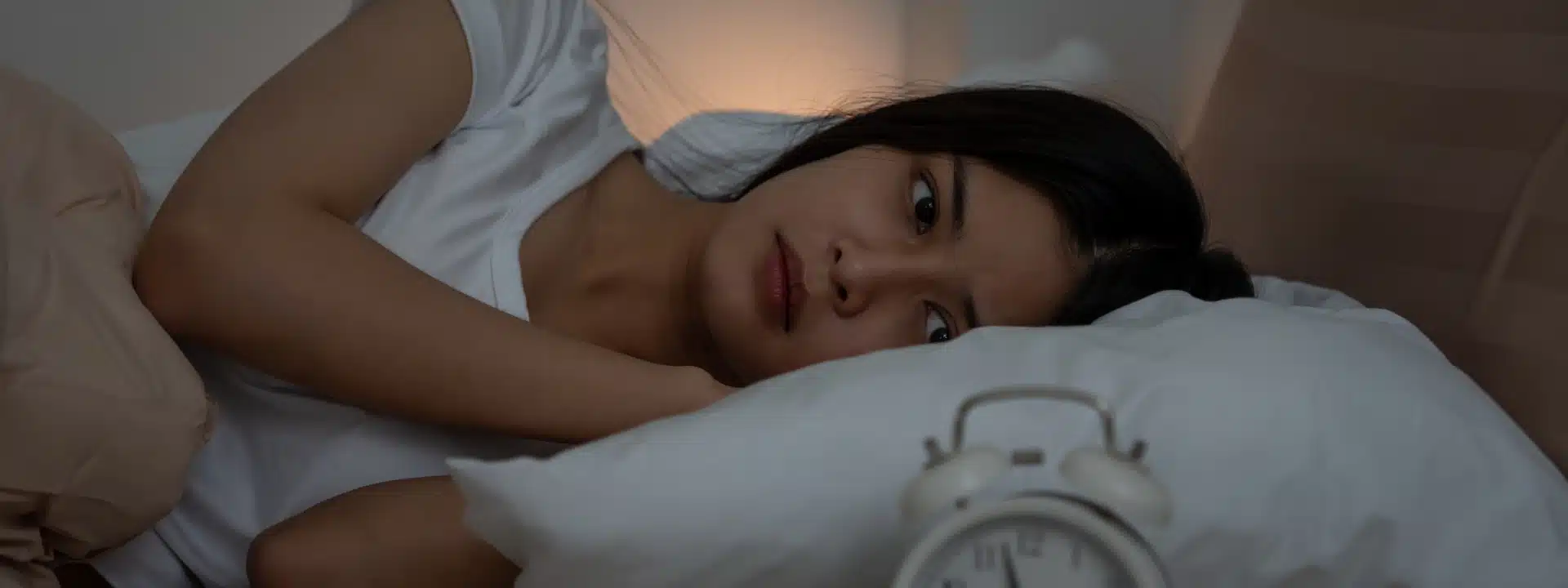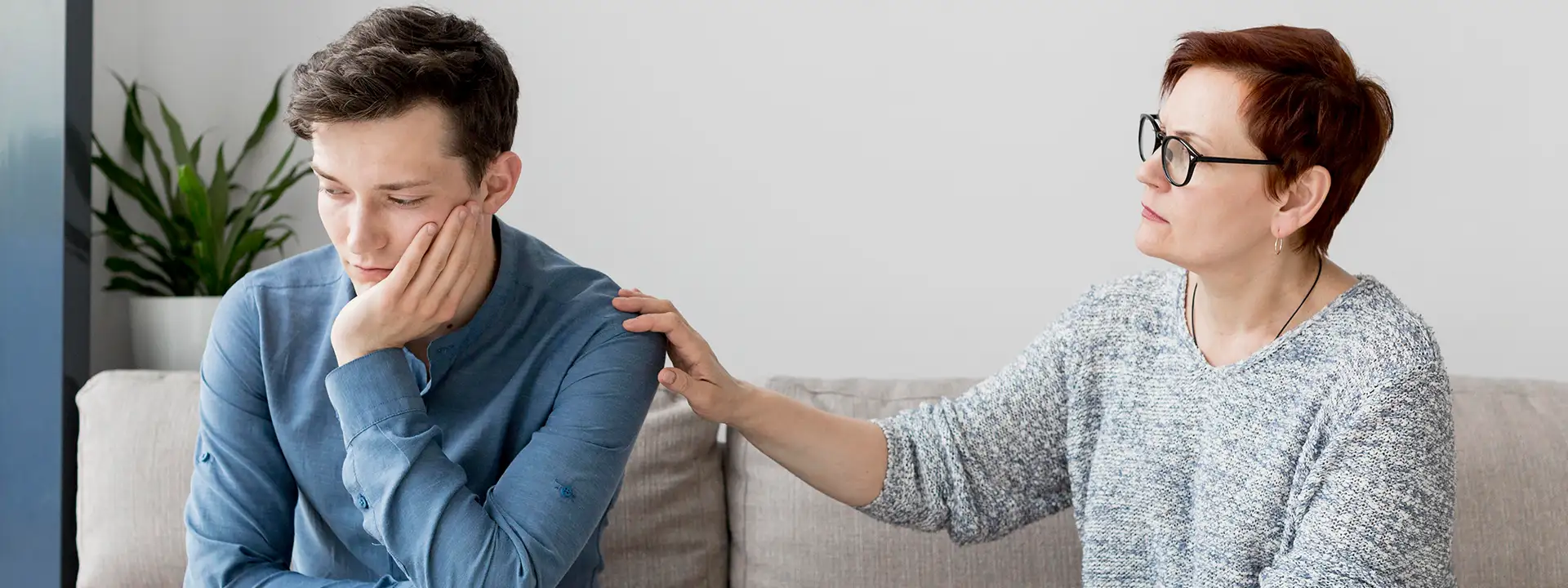Amina wakes up early. She smooths her shirt. She practices small talk in the mirror. She doesn’t want anyone to see her struggles. People think Amina is quiet, polite, even perfect. But inside, she worries all day. Did I say the right thing? Did I smile enough? Did I hide that strange feeling in my body?
Do you know someone like Amina? Or maybe you feel the same way? You seem ordinary on the outside, but inside, it feels different. Why do so many autistic women hide who they are? How can you spot it when someone masks their autism?
These questions matter. Because knowing how to spot autism in high-masking autistic women can change a life. It can bring relief and the right help.
Feeling unseen hurts. It doesn’t show at first, but it grows. Depression. Anxiety. Self-doubt. But it doesn’t have to stay that way. If people learn the signs of autism in women and the masking behaviors autistic women display, things can change. Support becomes possible. And women can finally feel seen.
When “Normal” is Actually Masking
Many people think autism is always clear. They expect rocking, meltdowns, or big struggles. But not every woman shows that. Some women hide. They watch others. They copy. They script what to say. They put on a mask. These differences autism presents in females make early spotting very hard.
A study by Maire Claire Diemer and her team showed that women diagnosed late have higher rates of depression, anxiety, eating problems, and substance use. Many had masked their autism for years. They fit in on the outside, but they were suffering inside. Because of that mask, help came much too late.
So, what should we look for? Notice when someone seems fine in public but crashes after. Notice if they rehearse social talk. Notice if they love hobbies with unusual depth. Notice if they seem tired after a simple social time. These can be signs. Doctors trained in spotting autism in women can use better tools. And families can create safe places to rest and be real.
The Cost of Masking on Health and Mind
At night, Amina lies awake. Her heart beats fast. She feels like she failed. She hides her stimming. She forces eye contact. She smiles when she doesn’t feel like it. It drains her. At the end of the day, she feels empty.
A large study by Evans, Krumrei-Mancuso, and Rouse (2024) looked at 502 autistic adults between the ages of 18 and 49. Women scored much higher on the Camouflaging Autistic Traits test (CAT-Q). That means they masked more. The study showed masking leads to anxiety, depression, sadness, and burnout. Many women lost their sense of self.
What can help? Therapy that gives space to rest. Safe friends who don’t need you to hide. Learning self-acceptance. Teaching women that masking is not strength—it is survival under pressure. Care should focus on shame, hiding, and identity because no one should feel broken for being real.
Why Autistic Women Mask Symptoms
Amina hears her friends complain about small talk. She laughs anyway. She fakes a smile. She practices jokes in her head. She wants to belong. She fears being judged. So, she hides. She knows people often don’t accept differences.
Why do women do this? Olivia Guy-Evans (2025), associate editor for Simply Psychology, found that many women diagnosed as adults had masked for years. They wanted to avoid stigma. They wanted to look “normal.” They didn’t want to be seen as strange. They knew others who only got help after big outbursts. They didn’t like that type of attention.
How can we change this? Families, schools, and jobs can be more gentle. Accept small slip-ups. Allow people to be honest. Celebrate differences. When women don’t need to pretend, they suffer less. Programs should not teach more masking. They should give support so that hiding is not needed at all.
Signs of Autism in Women You Might Miss
Amina’s teacher says she’s shy. She says she’s smart. Nobody sees her lonely moments. Nobody sees her planning every step of group work. Her interests seem normal, but she loves them with deep focus. Like many, she becomes one of the late diagnoses for autistic women.
The signs of autism in women often stay hidden. UCLA Health says women can copy facial expressions and social talk well. They hide their stimming. Their interests look common, so no one questions them. This makes diagnosis come late.
What should we notice instead? Look for exhaustion. Look for perfectionism. Look for people pleasing. Look for worry about social mistakes. Look for small hidden stims. Doctors trained to see these details can ask better questions. Updated tools for women make diagnosis more accurate. Support grows from there.
Late Diagnosis for Autistic Women and the Ripple Effect
Amina hears the words at age 28: “You are autistic.” She cries. She feels relieved. But she also feels grief. She lost years. She carried the wrong labels—anxiety, mood disorder. She felt broken when she wasn’t.
The study by Diemer et al. (see above for reference) showed the same. Women who were diagnosed late carried heavier emotional pain. They had more depression. They had more isolation. They thought something was wrong with them for years. Without answers, their self-esteem stayed low.
What happens after diagnosis? They get access to therapy. They find peers who understand. They learn ways to manage stress. They learn to honor their real self. At Alter Behavioral Health, we have qualified experts who notice the hidden, listen without judgment, and help women heal from years of being unseen.
How Differing Autism Presents in Females
Amina has a friend, Sara. Sara loved horses. Amina loved animals, too, but also bugs. Sara spoke loudly about horses. Amina kept her love of bugs a secret, afraid people would laugh. This shows the differences autism presents in females.
Research shows women often pick interests that look acceptable—like animals or celebrities—rather than things seen as “weird.” They also mimic others to fit in. UCLA Health also notes that girls often copy behavior to survive. Their struggles stay inside.
What can help? Doctors need better training. Parents need more knowledge. Schools should use tests that work for girls, too. Communities need to welcome differences. Autism in women often looks quiet. It can show up in subtle ways. When we notice this, we can help early.
Feeling Seen, Not Hidden
At last, Amina meets a therapist who listens. She says, “I thought I was alone.” The therapist tells her she isn’t. She learns her struggles were not wrong. They were signs of autism. She finally breathes.
When someone feels seen, they can stop hiding. When people believe that spotting autism in high-masking autistic women includes the quiet signs, things change. When the world understands the mental health effects of masking, treatment improves.
Alter Behavioral Health hears these quiet truths. Alter knows autism in women does not always look loud. It can look normal on the outside, but inside it isn’t. At Alter, women find safety. They find tools. They find healing.
Why Alter Helps You Be Seen
You deserve to be known. Normal does not mean simple. Ordinary does not always mean easy. You wore masks to survive. But you deserved care much earlier.
We talked about hiding traits. We looked at the masking behaviors autistic women display. We saw the toll on mental health. We saw how late diagnosis for autistic women causes pain. We saw the subtle signs of autism in women.
Alter Behavioral Health understands. Their staff knows how to spot autism in women who mask. They create safe spaces where masks can drop. They support you with care, tools, and connection. They listen and they believe you.
If you or someone you love feels unseen, don’t wait. Reach out to Alter Behavioral Health today. You don’t have to carry the mask alone. You deserve to be seen.
Questions You Might Be Asking
What is “high masking” in autism?
It means hiding traits so well that others don’t notice them.
What are common signs of autism in women?
Feeling drained by socializing, hiding stims, or loving interests deeply.
Why do autistic women mask symptoms?
To avoid judgment and to feel safe in groups.
Can masking hurt mental health?
Yes. It causes anxiety, depression, burnout, and identity loss.
What is the late diagnosis for autistic women?
It means finding out as a teen or adult instead of as a child.
How do the differences in how autism presents in females affect diagnosis?
Their traits look subtle and normal, so tests often miss them.
Is there help after diagnosis?
Yes. Therapy, groups, and support tools can all make life better.
Can someone unmask safely?
Yes, in safe spaces with people who accept them.
How can I support someone masking autism?
Listen. Believe them. Let them be themselves without pressure.
How does Alter Behavioral Health approach masking differently?
Alter trains staff to see female autism patterns and offer gentle care.



